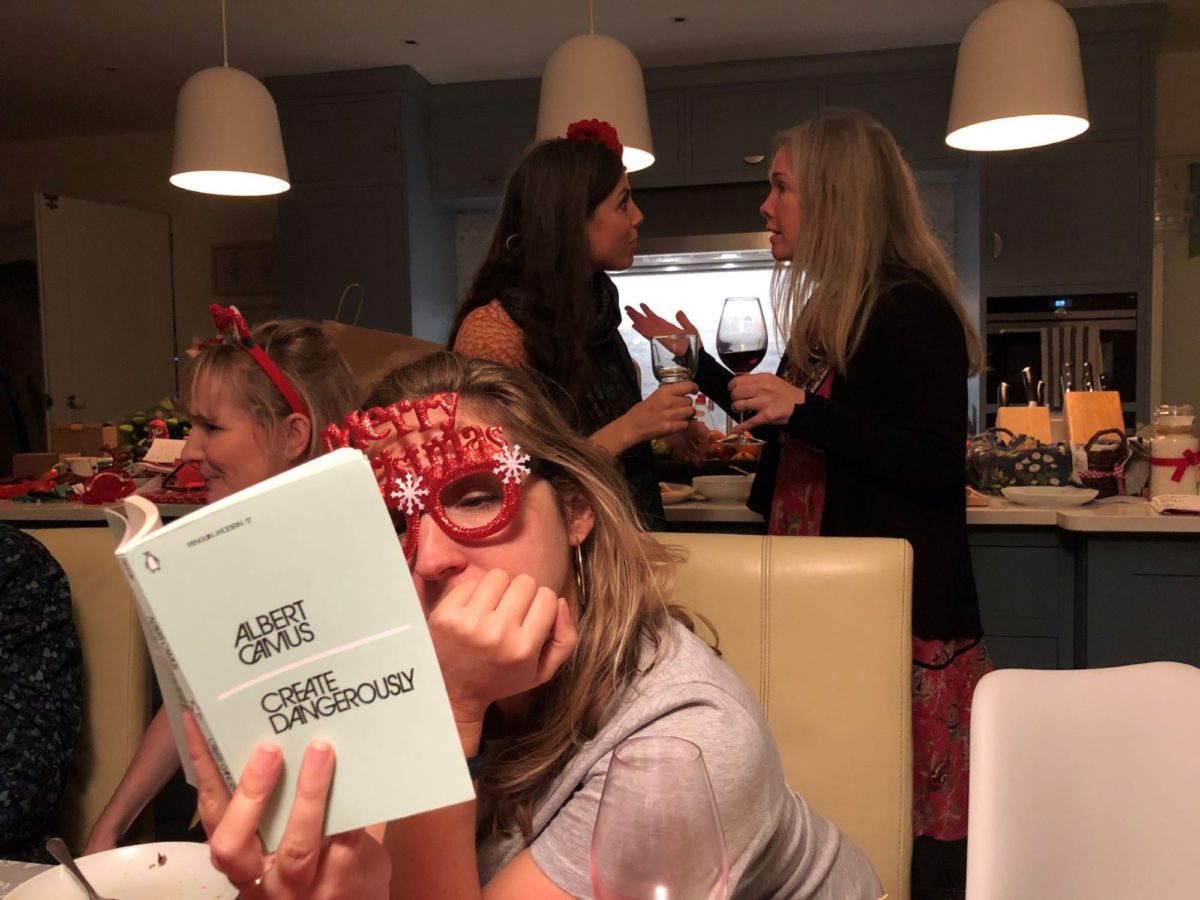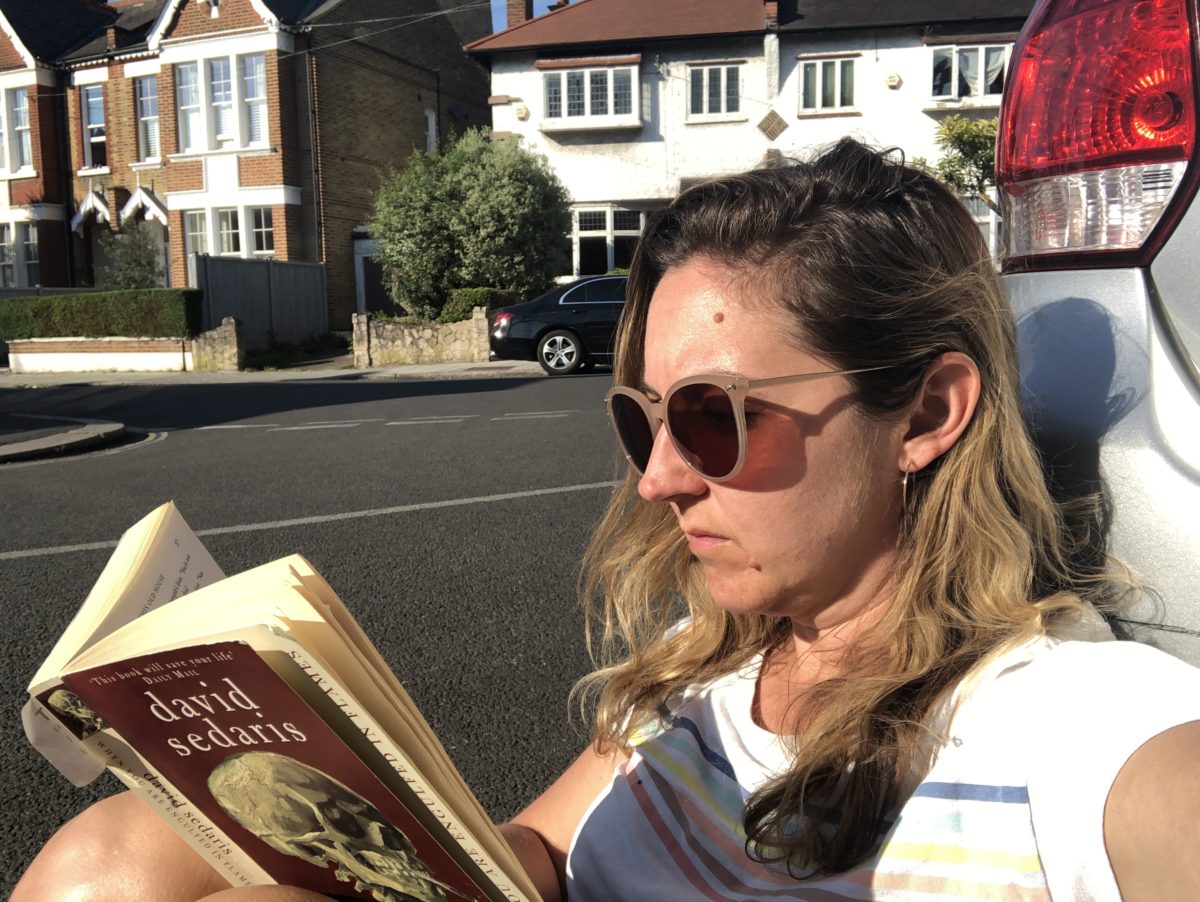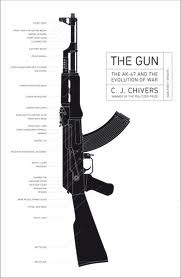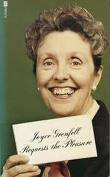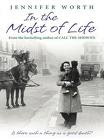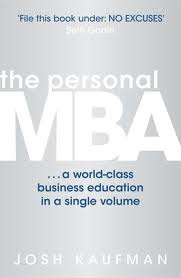This book is a history of the AK-47, and thus essentially a history of war for the last century. It makes for depressing but enlightening reading.
We begin in the nineteenth century, with Richard Gatling finally managing to create the world’s first workable automatic weapon. So much more deadly was any one gun than a platoon of rifles, that he, and many like him, genuinely believed that it would effectively end war, as no one would be insane enough to send men marching against it.
The gun is first used against people in Africa and Asia, as part of the colonial project. Lobengula’s whole army is effectively wiped out in five hours, as later is the Mahdi’s army. One wonders how different the world would look if Gatling had been just a little slower off the mark, and the British had had to face the Ndebele nation with just bayonets.
Despite the first hand experience the British had with the kind of death the machine gun could mete out, they were appallingly unprepared when the First World War broke out. They didn’t let a little thing like automatic machine gun fire stand in the way of their time honoured traditions: advancing in solid blocks, in bright clothing, with bayonets. “The English came walking, as though they were going to the theatre or as though they were on parade ground,” one German soldier said. “We felt they were mad.” This might have been understandable for the first couple of days, say, but the British kept this up for the first TWO YEARS OF THE WAR. Even after the Battle of the Somme, when 30,000 British soldier were killed or wounded in the first SIXTY MINUTES. The commanders, far back from the front lines, just weren’t willing to give up on their idea of glorious war and the terrifying bayonet. It’s interesting really how idealistic military people are.
The AK-47 (which stands for Automatic designed by Kalishnikov in 1947) was designed in answer to a competition in the Soviet Union, and was rightly selected as the winner not so much because of its accuracy, as because of its durability and ease of use. So simple and sturdy is the AK-47 that it can stand the worst of conditions, and be assembled and disassembled by a child. As the LRA will tell you.
One of the first major outings for the AK-47 was the Vietnam War. Here a major power found out what it was like to face an armed native population, and one that was armed better than they were themselves. As so much of what the Soviet Union produced in the way of shoes and elevators was crap, the US assumed its guns would be too, and only gave the AK-47 the most preliminary of glances, categorizing it, embarrassingly, simply as NIH: Not Invented Here. US troops were sent out to fight with M-14s and M-16s, which while they might have been invented here also tended to jam horribly after a few rounds, and rust immediately in the swamps of Vietnam. Here again we see the romance of the military man: so in love was the American high command with the ideal of the John Wayne sharp shooter that they entirely ignored the fact that in jungle war you virtually never actually even see your opponent, and thus do more praying than aiming when you shoot.
It is the world’s misfortune that the AK-47 was first produced in a planned economy, because that meant that guns could be produced way beyond any imaginable need. At one point there was one particular factory in the USSR producing 12,000 AKs a day. That’s 50 tons of steel a day. So durable is the AK, that these weapons are still with us – AKs from as far back as 1953 show up in Afghanistan today. In an old salt mine in the Ukraine, for example, in the 1990s, there were some three million guns stockpiled. Less what some horrible man from Croatia shipped to Uganda for use by Joseph Kony. One almost hopes there is a hell, so they can both burn in it. (On that subject: wow, Kony is crazy. Apparently his army used to march into battle chanting “James Bond! James Bond!” and covered in gun-repelling shea butter).
So an interesting if very sad book. Sometimes its a bit naively American, with sudden burst of discussion of the Second Amendment for no reason, and weird judgements. At one point, for example, he writes with shock about the first time an AK-47 is used by an ordinary citizen. In Hungary, someone shoots a secret policeman on the street and Chivers takes it for granted that this is a terrible thing to have done. I can only say, whatever. Not everyone needs a trial. Also, there are some factual issues: eg, apparently the flag of Zimbabwe has an AK-47 on it. Surely even the briefest fact check would have caught that?
Whatever, it’s a great book, and there are 100 million AKs in the world today, which won’t be disintegrating till long after we’re all dead, so we better care.

